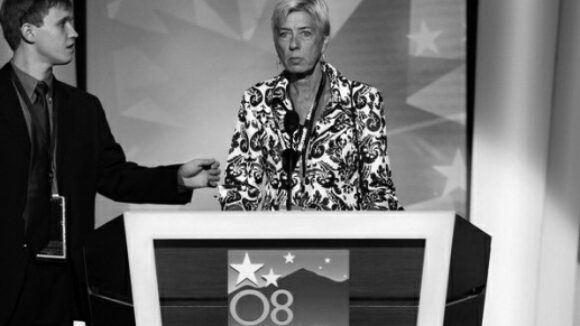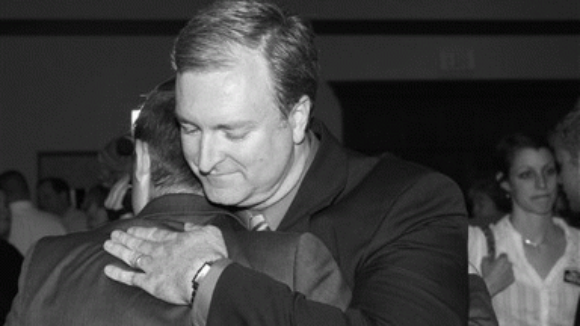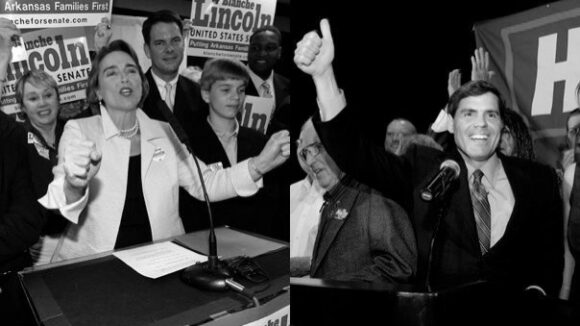Handful of GOP Senators Woo Union Kingpins
Federal Union Monopoly Threatens State, Local Public Employees (Source: July 2010 NRTWC Newsletter) Just before the U.S. Congress adjourned for a week-long Independence Day recess, Big Labor House members rubber-stamped legislation that would federally impose union monopoly bargaining over state and local public-safety employees. The legislation (H.R.413), cynically mislabeled as the "Public Safety Employer-Employee Cooperation Act," would, at a time when government budget deficits are already sky high, hobble the ability of states and localities to keep their expenditures of taxpayer dollars under control. Incredibly, the House voted July 1 to attach this scheme to a massive spending bill that provides funding for U.S. troops. The Senate is expected to take up this war supplemental bill, with H.R.413 attached, some time this month. H.R.413 would empower Federal Labor Relations Authority (FLRA) bureaucrats to survey all 50 states and identify which have failed to meet the legislation's "core standards."




